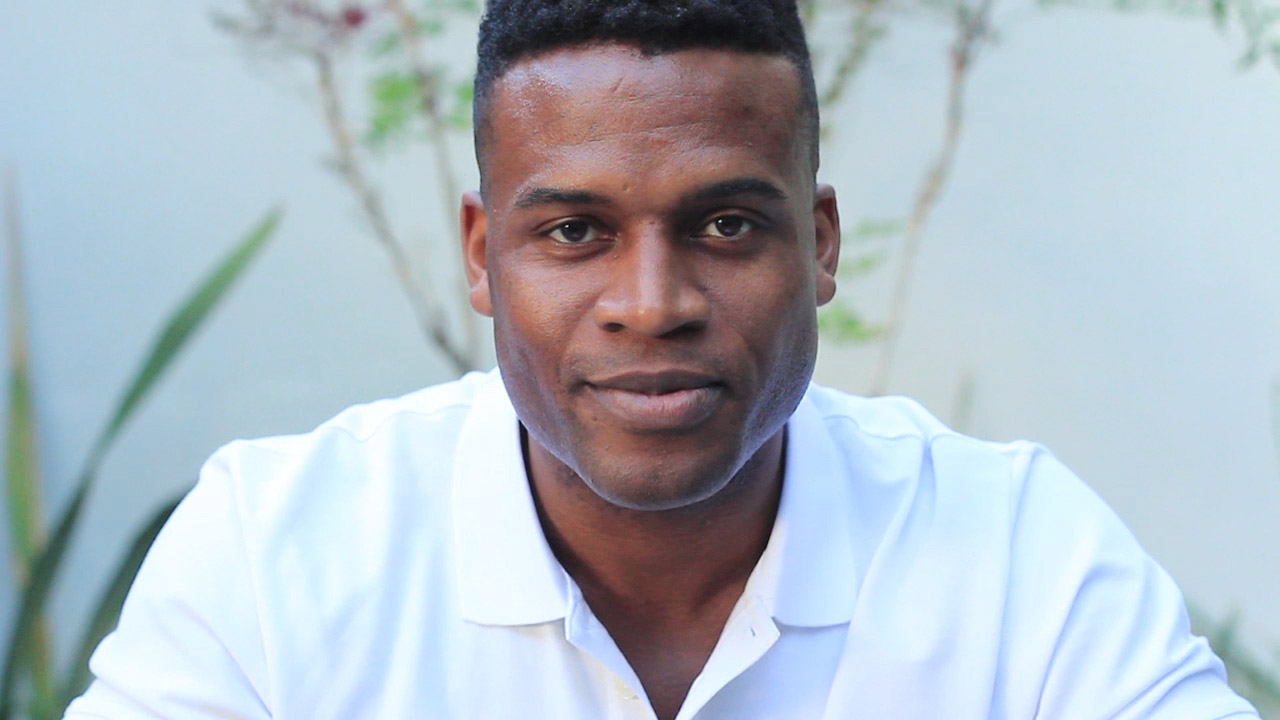UCLA alum’s nonprofit uses new technology for Niger Delta cleanup

Chinyere Nnadi, co-founder of Sustainability International, is working with the organization to run a small-scale cleanup of oil spills in the Niger Delta. (Courtesy of Chinyere Nnadi)
By Deanna Necula
April 12, 2016 12:01 a.m.
A nonprofit organization founded by a UCLA alumnus is working to clean up a massive oil spill in the Niger Delta using recently developed technology.
A United Nations Environment Programme report published in 2011 revealed individuals living in the Niger Delta were drinking water contaminated with quantities of benzene, a carcinogen, that were up to 900 times what was considered safe.
“(The report) blew the door wide open about how bad the oil spill problem was,” said Chinyere Nnadi, co-founder of Sustainability International and a UCLA alumnus. “When I found out about it, I knew I needed to solve this problem.”
In 2012, Nnadi’s mother, dean of diversity and inclusion at the University of Central Florida, approved a new technology developed by one of her graduate students that harnessed hydrocarbon-eating bacteria to clean up oil spills. The byproduct, oxygen, could then be used as soil fertilizer, Nnadi said.
In June, Sustainability International plans to conduct an oil spill cleanup over thousands of square miles in the Niger Delta using the newly approved bacteria-based technology. The Niger Delta, located in southern Nigeria, is one of the world’s most fertile ecosystems, said Nnadi.
“(The project) is going to be the largest oil cleanup in world history,” Nnadi said.
Nnadi co-founded Sustainability International in 2007 under the name Grace Center, an allusion to his grandmother. Grace Center, a volunteer organization, was intended to financially assist those living in Nnadi’s hometown of Nkwerre, Nigeria, he said.
The first project Grace Center took on was finding jobs for widows in Nkwerre who lacked stable incomes. Nnadi said he first had to identify how they could become financially independent based on their existing skill sets.
“What do these women know how to do?” Nnadi said. “They know how to sew.”
Nnadi worked with his parents to found a center where the women could sew and later sell the clothes they made for profit. Nnadi added he provided them with sewing classes and brought doctors to the Nkwerre to supply them with glasses.
“It was a way of giving back to my village,” Nnadi said.
In 2011, Grace Center was renamed Sustainability International to reflect the organization’s widening scope. Nnadi said he aims to provide resources for impoverished people worldwide, as well as assist the indigenous communities living in the Niger Delta.
Brian Pullen, development associate at Sustainability International and the sustainability planner at the University of South Florida St. Petersburg, said he was drawn to the organization because it had a concrete vision backed by scientific research.
“(Sustainability International) is not just like any other nonprofit – we’re looking at (the problem) from a very scientific, holistic approach,” he said. “And we actually have a solution”.
Nnadi said he plans to incorporate virtual reality technology to spread awareness and document the oil spill problem. Everyone from corporate officials to regular individuals worldwide can then wear virtual reality goggles to experience the problem firsthand, he added.
“We hit two birds with one stone – we make the government aware of the massive scope of the problem, and we make the whole world aware,” Nnadi said.
He added he is planning to incorporate technology that monitors oil company spending to discourage embezzlement.
Nnadi said Sustainability International has to work around what he calls Nigeria’s deep-seated corruption problem. In the past, officials have pocketed aid money sent into the country.
He added the platform would also allow analysts and medical professionals to assess the health of citizens in the area before and after the cleanup.
Amara Uyanna, a research analyst working with Sustainability International, said she will assess how the cleanup will affect health, the ecosystem and the global economy.
Once the cleanup begins, Uyanna will collect and analyze data from the cleanup and condense it into a readable format.
“I’m expecting to show how the Niger Delta problem is not a Nigerian problem, but a worldwide problem,” Uyanna said.
She said the oil spill’s far-reaching effects on the ecosystem have compromised Nigeria’s ability to export palm oil, a major global commodity. A cleanup would reinstate the Niger Delta as the leading exporter of palm oil, she added.
“We needed an organization the government trusted, the oil and gas companies trusted and the people trusted,” Nnadi said. “We’re using 21st-century technology to solve 20th-century problems.”


